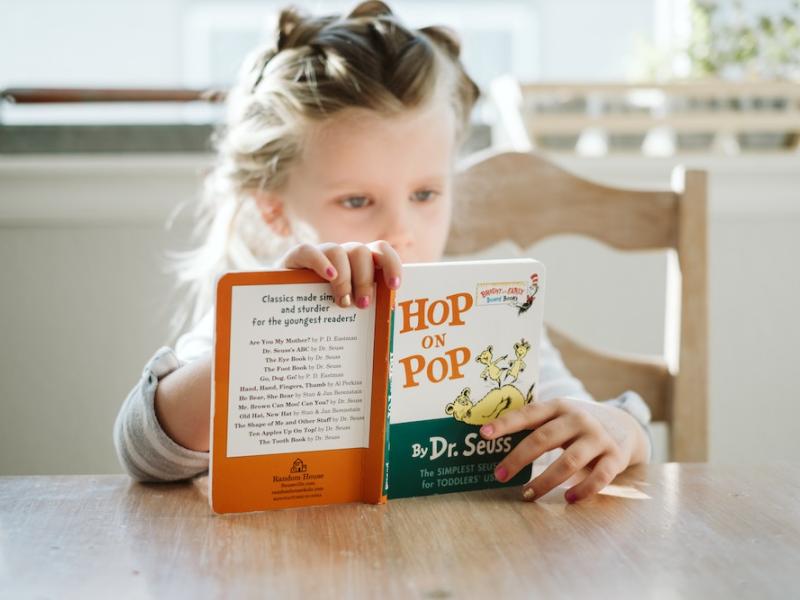Many toddler and preschool teachers are trained to identify specific behavioral signs in our youngest students who may have difficulty expressing themselves. Whether these behaviors are based on nature or nurture, identifying a child’s behavioral needs is being determined well before the child reaches elementary school.
Some signs of behavior can create difficulties within the child and within the classroom as some kids process information differently and their responses to stimuli may illustrate stimulation, sensory, or motor skills difficulties. These concerns may be based on sensory rather than behavioral difficulties.
So how can we address potential solutions? Often, simply by using a methodical approach based on observing the child’s behavior; properly assessing the root of the problem; and, then, troubleshooting the behavior.
Resolving Stimulation, Sensory or Motor Skills Difficulties
If a child is having problems in the classroom, it may be because the child needs glasses or cannot hear teachers and fellow students easily. Or, he or she switches sounds improperly or cannot develop sounds that can sound as if they are mumbling. The behavior may be addressed by resolving a stimulation, sensory, or motor skills difficulty.
In specific instances at our Montessori elementary, Pre-K, and toddler school, we have provided quiet space for the nervous child hiding under the table. Another way we work with a student is by making a visual chart accessible for those that cry each afternoon waiting for mom to pick him up.
Often, more exercise or recess time bolsters motor skills. And just letting kids be kids or stimulating kids with their hands to focus them on work are other smart tools.
How Teachers and Parents Can ID a Child’s Needs
Montessori schools are child-centered and based on doing what’s best for each child. Some children do not understand how to process information and may act out as a result. Thus, a key component in understanding these behaviors is a Resource and Inclusiveness Education Coordinator.
This coordinator is responsible with:
-
Observing, documenting, troubleshooting, and making recommendations to classroom teachers
-
Contacting and talking with parents about what they see at home
-
Getting an assessment and evaluation via a public school professional
-
Modifying classroom protocols for the child.
In this way, a child’s behavior may be modified. If so, the child can be more successful in school.
Summary
Our takeaway is that an optometrist, audiologist, occupational therapist, or speech therapist may be able to solve specific behaviors in the classroom.
Also, Resource and Inclusiveness Education Coordinators provide teachers and parents with ways to positively affect classroom behaviors.
As a parent, if you notice behaviors at home that need observation, let your teacher know. Children’s’ needs can be observed, identified, coordinated, and managed quickly. By catching the smallest things early, we can all help create a more successful and independent child.
Lifetime Montessori School in Santaluz, a private elementary school in San Diego, teaches 200 toddlers, preschoolers, and elementary students.


